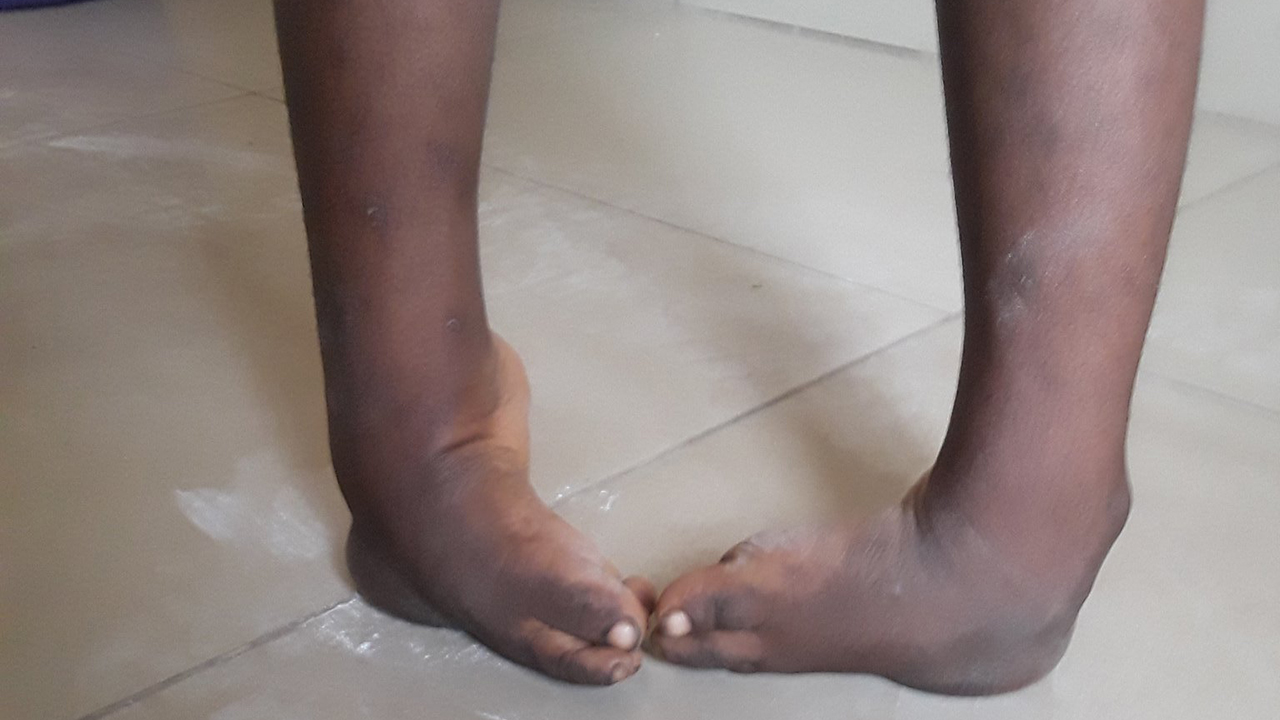No fewer than 67 per cent of Nigerian doctors work in the United Kingdom (UK), a number which will greatly impact the National Health Service (NHS) should they decide to leave and return home.
This is according to the Minister of Health, Ali Pate, who stressed the attractiveness of Nigerian-trained medical professionals and the potential challenges the NHS would face if these health workers withdrew.
Pate made this statement during an appearance on Channels Television’s Politics Today programme, where discussed the newly approved National Policy on Health Workforce Migration by President Bola Tinubu.
The Guardian reports that the policy is aimed at addressing the ongoing exodus of health workers, a trend colloquially known as ‘Japa’.
Pate noted that while Nigerian health workers are in high demand globally, not all leave the country, and those who do often have valid reasons. He outlined that the new policy focuses on “health diplomacy and promoting ethical recruitment practices.”
He suggested that countries recruiting Nigerian health professionals should also contribute to expanding training opportunities in Nigeria. ”
The strain of health worker migration is ongoing,” Pate said. “The UK will continue to need Nigerian doctors. If Nigerian professionals were to withhold their services, the NHS would struggle to deliver essential care.”
Pate proposed that recruitment countries, like the UK, consider expanding pre-service education programmes in Nigeria as part of a mutual agreement to ensure that the influx of Nigerian health workers is balanced by efforts to train new professionals locally.
The minister also noted that over 75% of health workers trained in Nigeria in the past year have left the country for opportunities abroad.
He acknowledged the high standards of training in Nigerian universities but stressed the need for improved incentives to retain medical professionals within the country.
The new policy aims to offer enhanced welfare packages, better working conditions with shifts capped at 12 hours, and other incentives to encourage medical workers to remain and practice in Nigeria.






